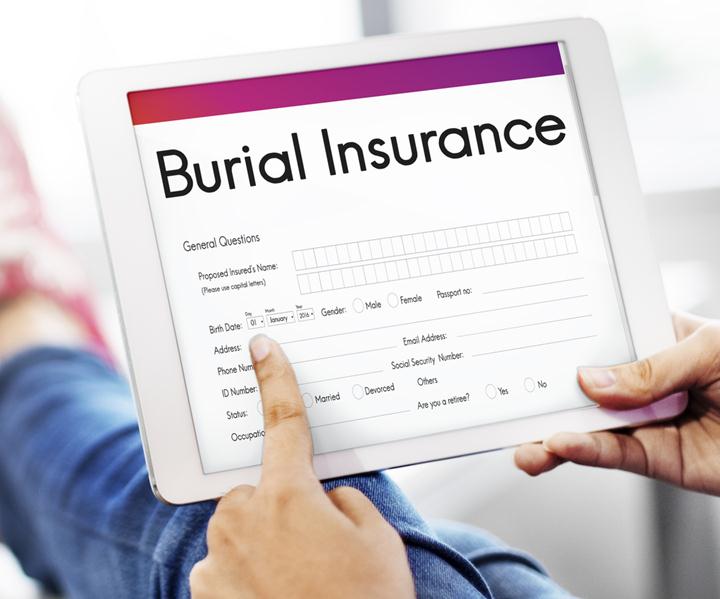Many people today have decided to purchase burial insurance to help protect their families. Deciding if this type of insurance is for you takes time. However, it is something you should consider.
Known as final expense insurance, burial insurance is a specialized type of insurance that fulfills one purpose—covering final expenses. Some people may be reluctant to purchase this type of insurance, but it can be helpful to a large portion of the population. This is why it appeals to so many members of the aging population.
What is Burial Insurance?
Burial insurance is an insurance policy that covers your final expenses. It pays for all of your final expenses, including burial. This insurance pays for items, such as funerals, burial plots, caskets, and any other medical costs that may be left behind.
However, there are limitations to what this insurance will cover. Most insurance providers offer coverage only to people between the ages of 50 and 85. Some companies will offer coverage beyond the age of 85, and this age range may be increased as the aging population begins to live longer. Policies often change with age, but unfortunately, insurance companies are slow to adapt to this rate.
Like life insurance, burial insurance lets policyholders pay the same rate throughout their lives. The amount the policy owner’s family receives will remain the same so long as the policy is kept up to date. Oftentimes, policies have a cash value written into the contract, which is tax-free and remains so to the owner of the policy. However, all existing loans will affect the final lump sum payout.
Burial Insurance Types
Before you buy a policy, be sure to examine your options. There are two different types of this insurance: level and graded. A level benefit policy entitles you and your family to the entire benefit the moment it is purchased and approved. While there is a contestability period, most people will get 100 percent of the benefit. A graded death benefit will not pay you the entire lump sum at the time of death but within the following few years. However, policy owners may receive a return of the premium with interest or partial payouts. Graded life policies are better suited to individuals with severe health problems.
The company that issues the policy often determines which type of policy you get. Payout schedules vary from company to company. Some companies offer partial payouts over several years, while others don’t provide a full death benefit until four years after the policy owners death.
Final Expense Qualification
The benefit you receive will ultimately depend on whether or not you qualify for them. Different underwriting approaches apply, and the current state of your health will determine what benefits you qualify for. If your overall health is good, meaning that you maintain a healthy body mass index (BMI), and you have no existing health issues, your chances of getting a reasonable policy are higher. Most insurance companies offer coverage up to $50,000. However, some companies will even go as high as $100,000 in face value. Those who wish to spare their families the burden of funeral expenses, and mostly older individuals, often purchase this type of insurance. However, you do have the ability to buy the insurance for someone, such as your parents, and be both the owner and the beneficiary.
Featured Image: depositphotos/ Rawpixel






